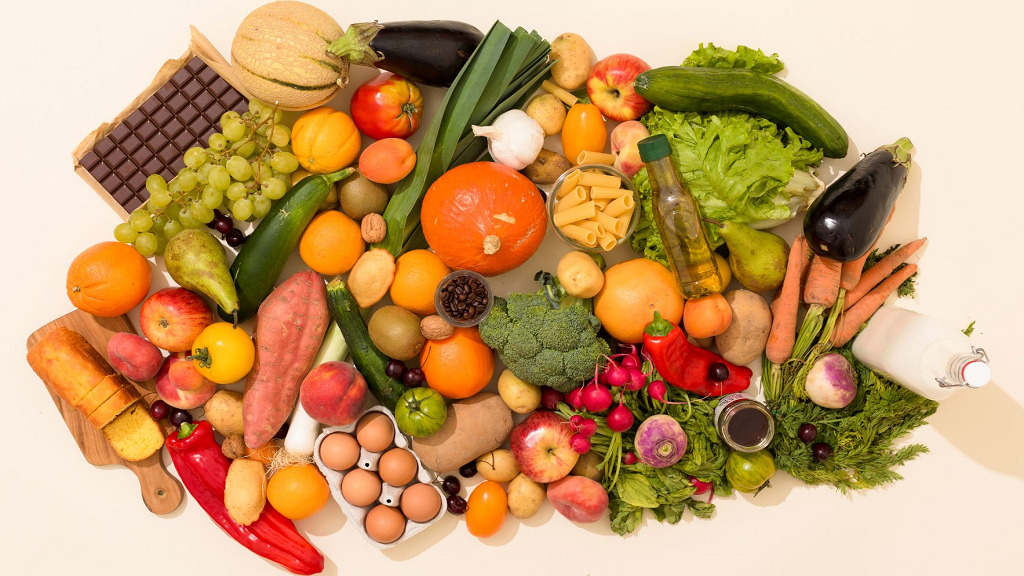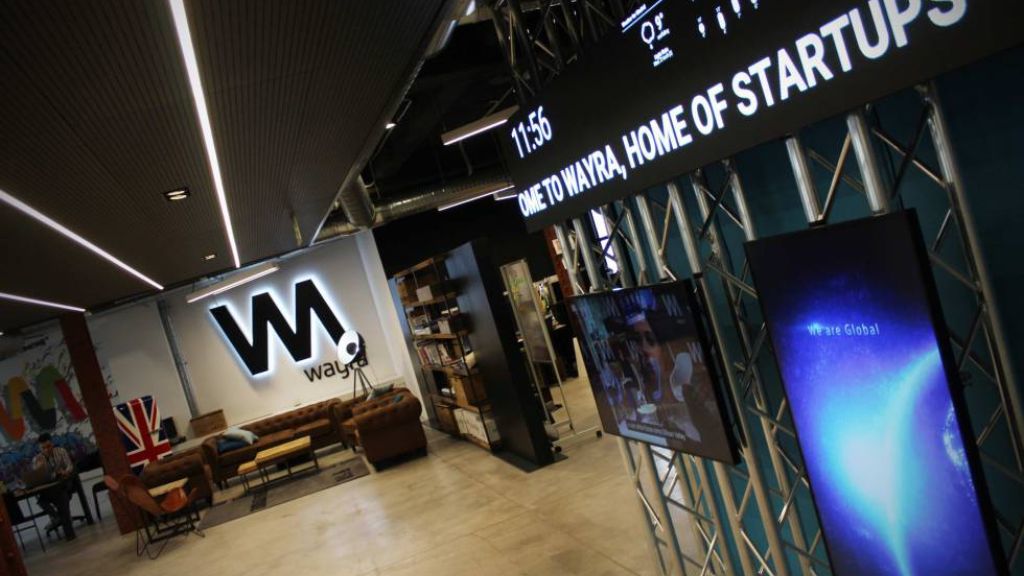
Bene Bono is a startup that saves organic and imperfect fruits and vegetables, and starts its activity in Spain to fight food waste. After raising 7 million euros in its second round of financing, backed by Stride VC, Project A and Kima Ventures, the young company will focus its efforts on starting its operations in Madrid and expanding to other regions of Spain.
Bene Bono, which sells 100% organic products grown in Spain, Help Madrid farmers to give way to fruits and vegetables that would be rejected by traditional distribution channels, mainly for aesthetic reasons, making them available to consumers 30% cheaper than in organic stores and supermarkets.
Likewise, this startup comes with the ambitious goal of save 3 tons of fruits and vegetables, a week, in its first month of activity in the capital. Currently, it already has more than 20 local producers in its network of collaborators, and more than 16,000 people interested in its products during the pre-launch phase.
“Spain faces many challenges in terms of food waste, as the figures indicate. It is a fact that the demands of Spanish buyers are increasingly related to sustainability, but consumers also demand a good product at a good price. At Bene Bono, we are capable of offering it, also contributing to avoiding food waste and avoiding losses for farmers”Explain sven ripocheco-founder of Bene Bono.
“Bene Bono benefits consumers, local producers and, of course, the environment as well. With the arrival in Madrid, we want to take this new step in the company’s history: offer quality, affordable and accessible products to the greatest possible number of Madrid residents, commit ourselves even more to the Planet and society, working directly with producers to offer consumers a new way of buying and consuming fruits and vegetables.” adds the co-founder.
His success in France
Bene Bono is backed by its success in France where, in just two years, it has more than 15,000 weekly consumers and a network of more than 300 farmers and cooperatives.
In addition, since its inception, it has saved more than 1,000 tons of organic fruits and vegetables and has avoided the emission of nearly 300,000 kg of CO2 equivalent, saving nearly 490,000 million liters of water.



